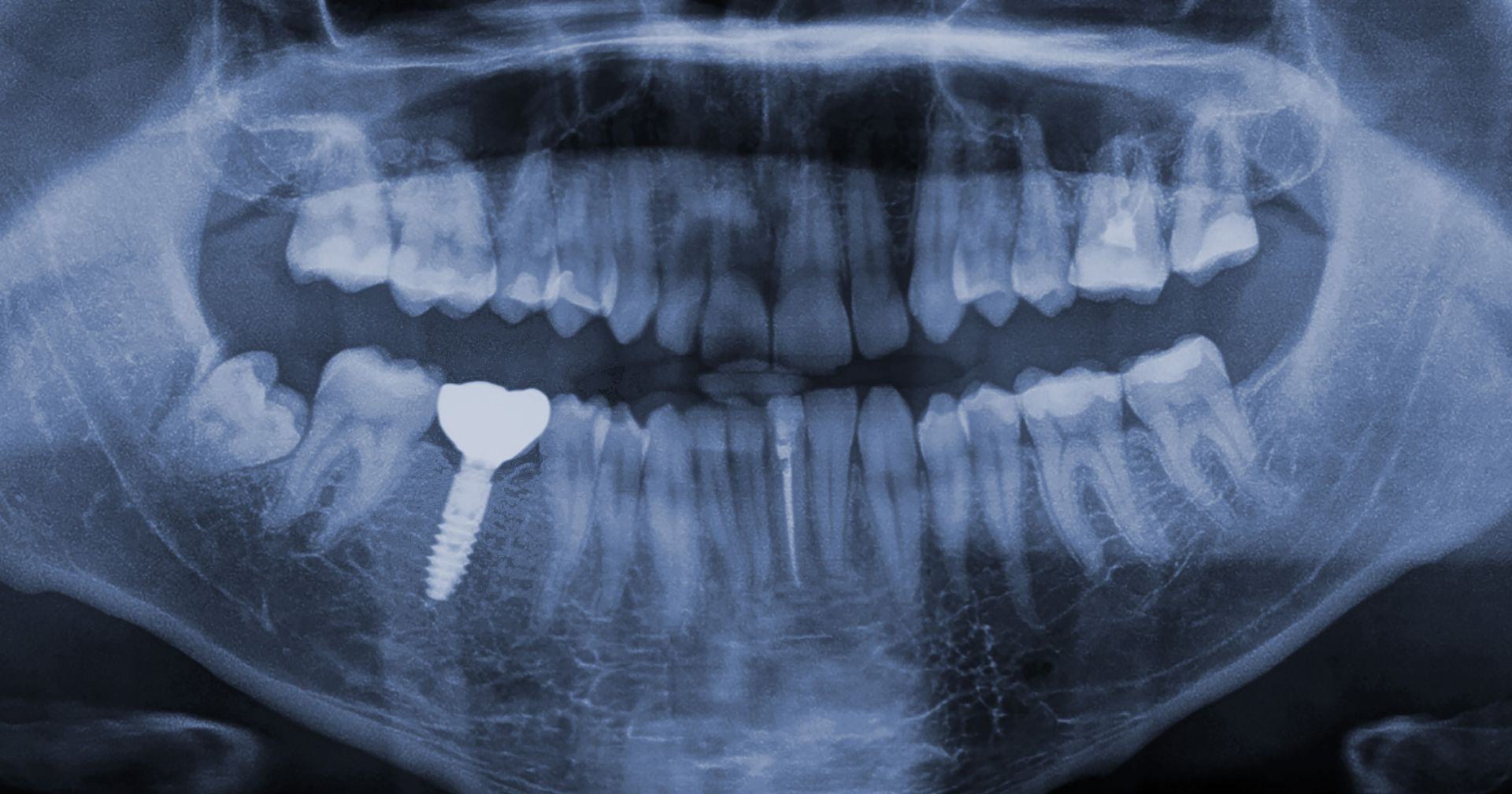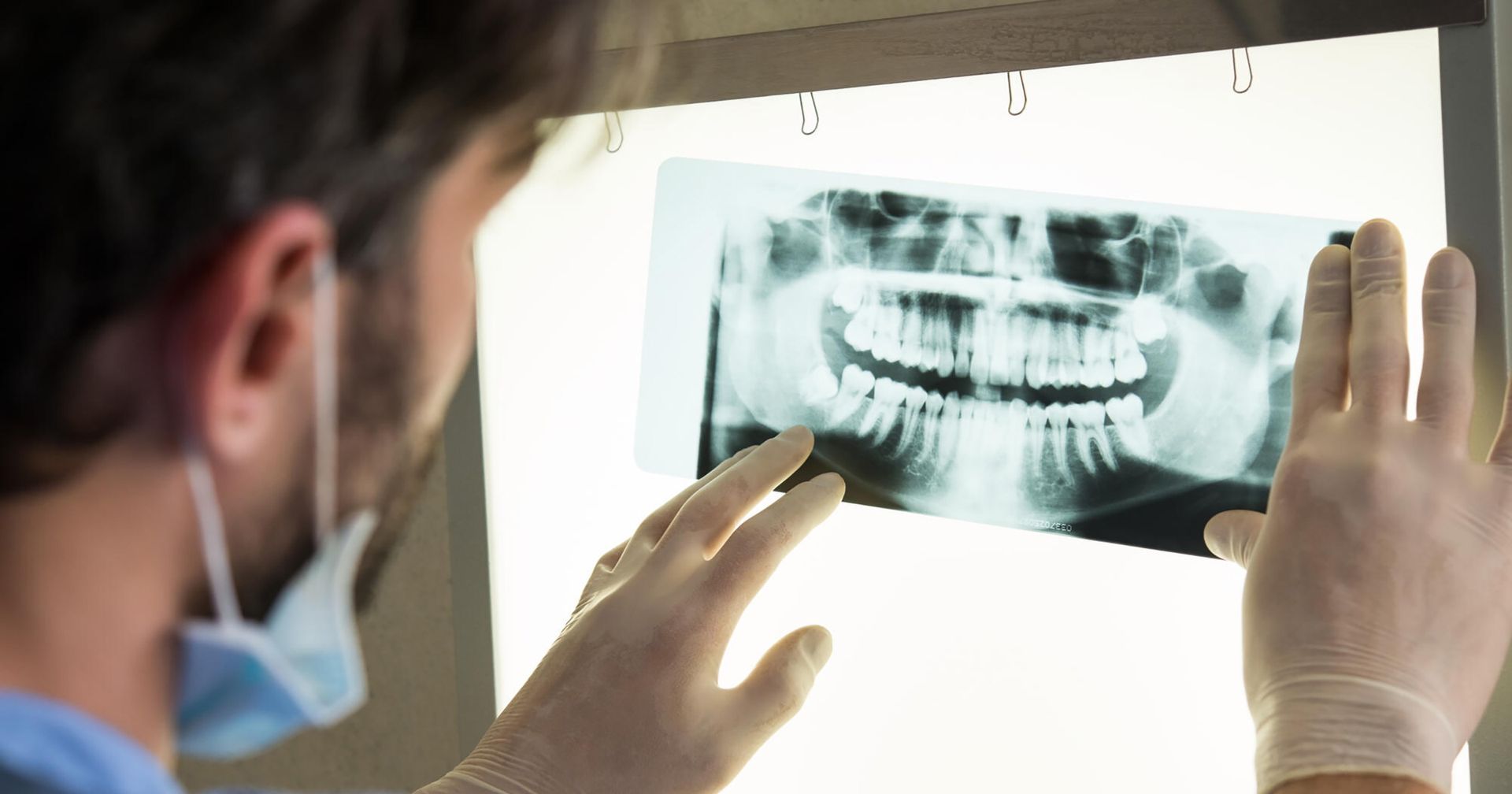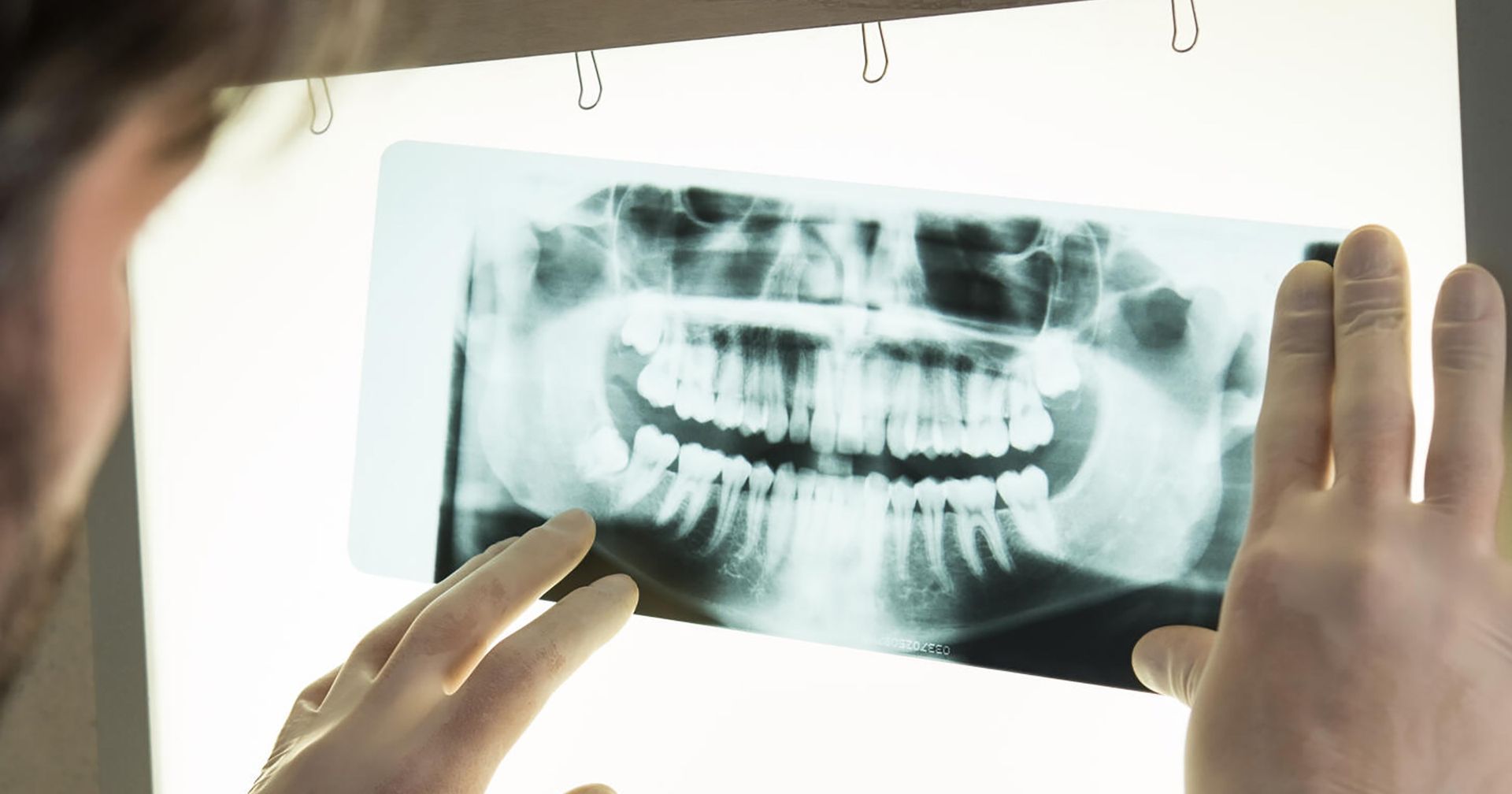Dental Bridge vs. Implant: Which Is Right for You?
Discover the differences between dental bridges vs. implants at Century Farms Dental to choose the best option for your smile restoration.
Did you know that nearly 69% of adults aged 35 to 44 have lost at least one permanent tooth? Tooth loss can be a significant concern, affecting both your smile and your oral health. When you're faced with replacing a missing tooth, the decision between a dental bridge vs an implant can be overwhelming.
Each option offers unique advantages, but the right choice for you depends on various factors, including your health, budget, and preferences. Dental bridges are often quicker and more affordable, while implants are known for their durability and natural look.
In this guide, we'll compare the benefits, costs, and long-term outcomes of both to help you make an informed decision about your tooth replacement options. Let's begin!
What Makes a Dental Bridge Stand Out
A dental bridge connects to nearby teeth to replace a missing one. It's a fast fix that can restore your smile within weeks. Dentists often suggest it if your surrounding teeth are strong and healthy.
Bridges don't involve surgery. That can feel like a plus if you're looking for a quicker, less invasive fix. You may also prefer it if you want to avoid bone grafts or more complex procedures.
Still, there are some trade-offs. Bridges tend to wear out faster than implants, needing replacement every 10 to 15 years. The surrounding teeth have to be filed down to anchor the bridge, which can affect their long-term strength.
Dental bridge benefits include:
- Lower upfront cost
- Fast turnaround time
- Easy cleaning routine
Bridges do the job well when conditions are right. They're especially useful when you have two healthy teeth nearby. But for many people, the long-term picture matters more.
So, if you're thinking short-term and want a more affordable solution fast, a bridge might be your best bet. Just know it may mean more work later.
Why Dental Implants Last Longer
Implants are placed into your jawbone. That's what gives them serious staying power. With good care, implants can last decades; even a lifetime.
The process takes longer, but the results are hard to beat. After placing the post, your jawbone fuses to it. That makes it incredibly stable. You won't have to worry about it shifting or slipping over time.
Implants also help keep your jaw strong. Losing a tooth leads to bone loss. But an implant tells your bone to keep growing and stay solid.
You'll also get benefits like:
- No damage to nearby teeth
- Natural look and feel
- Strong bite and chew
Implant longevity is one of the top reasons many choose this route. Yes, it's pricier upfront. But over time, it can actually save money because there's less maintenance and fewer replacements.
If you're looking for a long-term solution that feels almost like the real thing, an implant may be the smarter call. It's an investment; both in your smile and in your health.
Comparing Costs Side-by-Side
The cost of dental implants is usually higher than that of bridges. But there's more to the story than the price tag. Implants often win out in the long run.
A bridge can cost anywhere from $1,500 to $3,000. That's for a single unit. But it may need replacing in a decade or so. On the other hand, an implant might cost $3,000 to $6,000, yet it can last a lifetime.
The real difference is in value over time. A bridge might seem cheaper now, but it often comes with more maintenance costs later.
Things that affect cost:
- Number of missing teeth
- Bone health or grafts
- Crown material used
Think about how long you want your fix to last. Think about future appointments and possible redo work. Implants can be more of a "one-and-done" option.
While the upfront price is higher, implants often require fewer replacements, fewer repairs, and fewer worries. That's where the math starts to make sense.
Function, Feel, and Fit
Both options will help you chew, smile, and speak better. But they feel different. Implants are embedded into your bone while bridges sit on top, supported by other teeth.
Implants act like natural roots, so they feel more stable. You can bite into foods without fear of slipping or movement. Bridges, although functional, may take a bit more getting used to.
Key differences in feel:
- Implant is fixed in bone
- Bridge rests on teeth
- Implant feels like real
Another big point: implants preserve jawbone strength. Bridges don't. When your jaw weakens over time, it can affect your face shape and tooth alignment.
Fit is also different. Bridges may need small adjustments as teeth shift. Implants stay locked in place. If you want long-term comfort, implants are often the clear winner.
But for many, it comes down to personal preference. Some people don't want surgery. Some want faster results. Know what matters most to you.
The Pros and Cons Face-Off
Choosing between a bridge vs implant has a lot to do with personal needs and goals. There's no one-size-fits-all answer-but laying out the differences can help.
Here's how they stack up:
Bridge pros
- Quick to place
- Less expensive
- Non-invasive process
Bridge cons
- Alters healthy teeth
- Shorter lifespan
- Doesn't stop bone loss
Implant pros
- Long-lasting solution
- Feels more natural
- Maintains jawbone health
Implant cons
- Higher initial cost
- Surgery required
- Healing time needed
Thinking long-term can shift your view. An implant may seem like more upfront, but it often becomes the more practical choice.
Still, lifestyle, dental health, and finances play a big role. Weigh both options. Talk to your dentist. Then choose what suits your mouth (and your future) the best.
The "Dental Bridge vs Implant" Question Answered
Choosing between a dental bridge vs an implant depends on your health, budget, and long-term goals. Implants offer a longer-lasting, more natural feel, while bridges work well for quicker fixes. Discuss both options with your dentist to find the right fit for your smile.
Ready to restore your smile with expert care? At Century Farms Dental, our experienced team is dedicated to finding the right tooth replacement solution for you, whether it's a dental bridge or an implant.
Reach out today for a personalized consultation and discover the perfect fit for your smile restoration journey!













